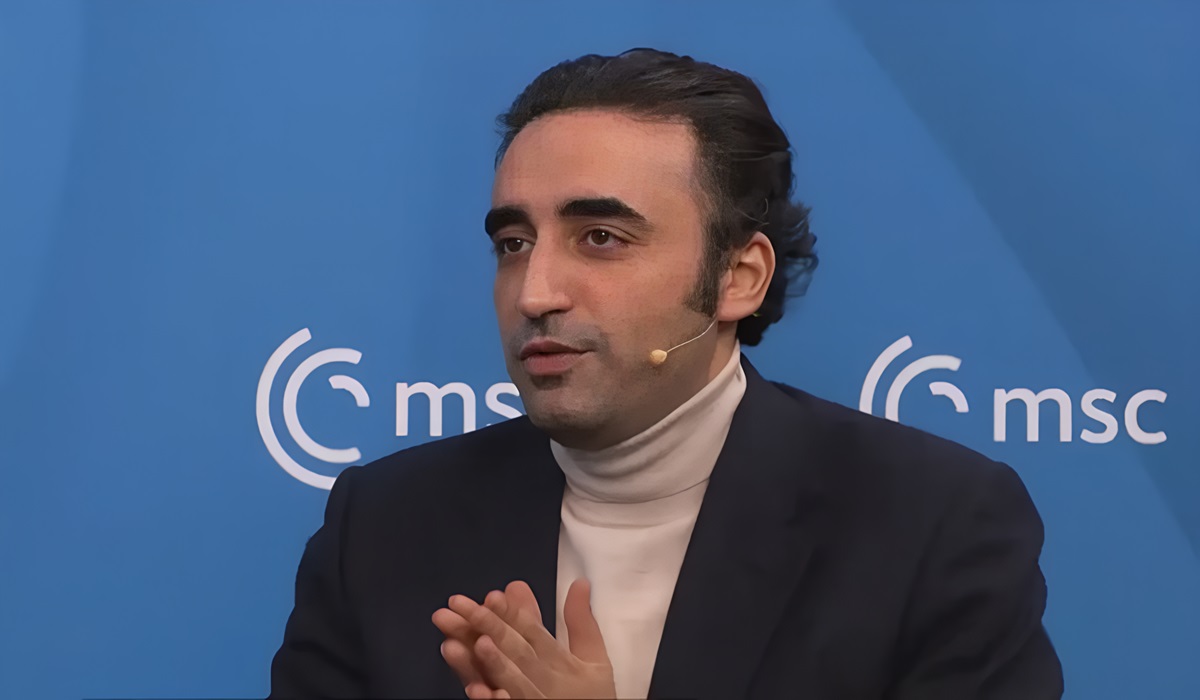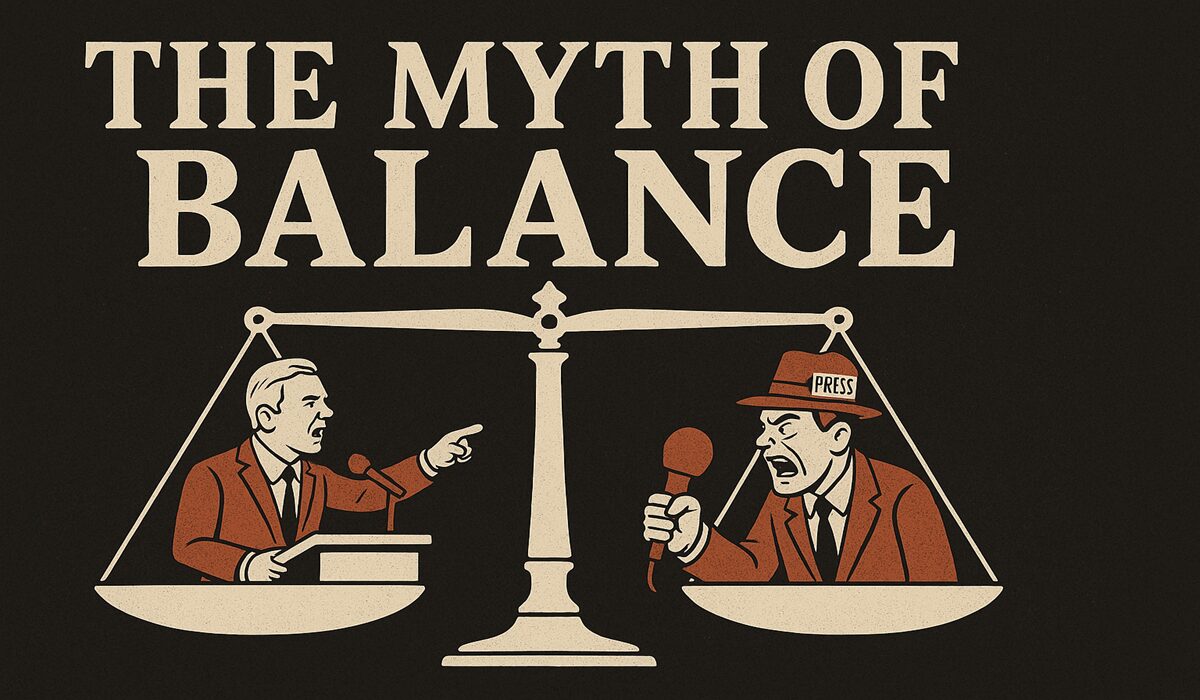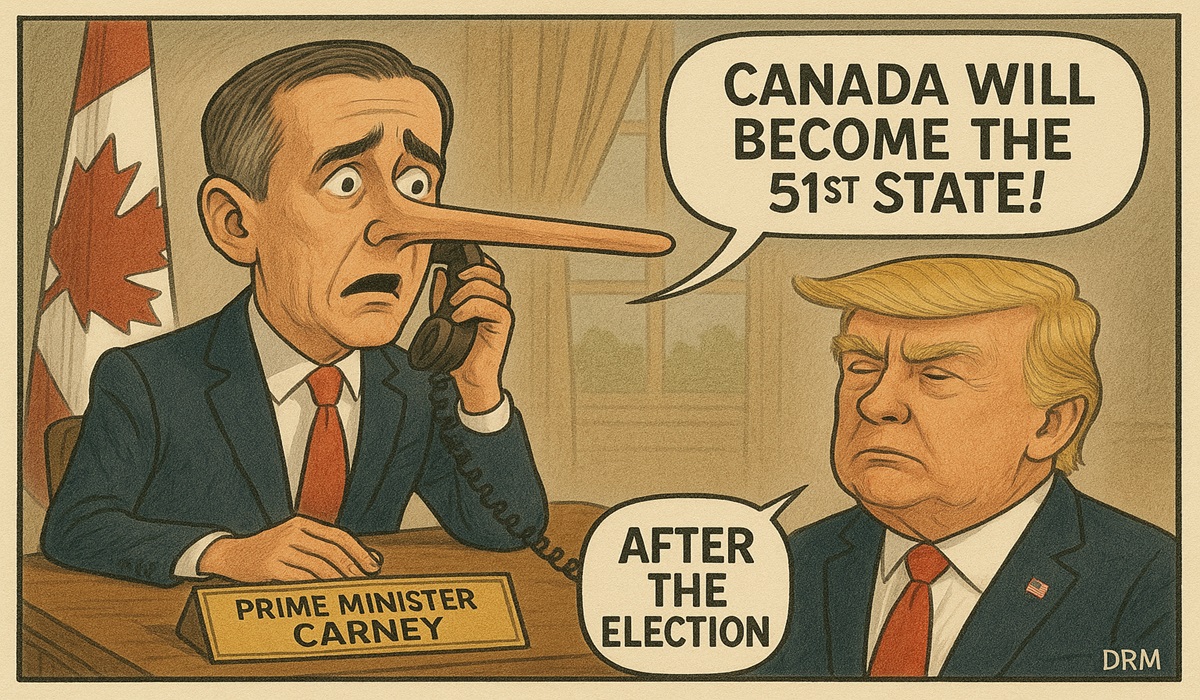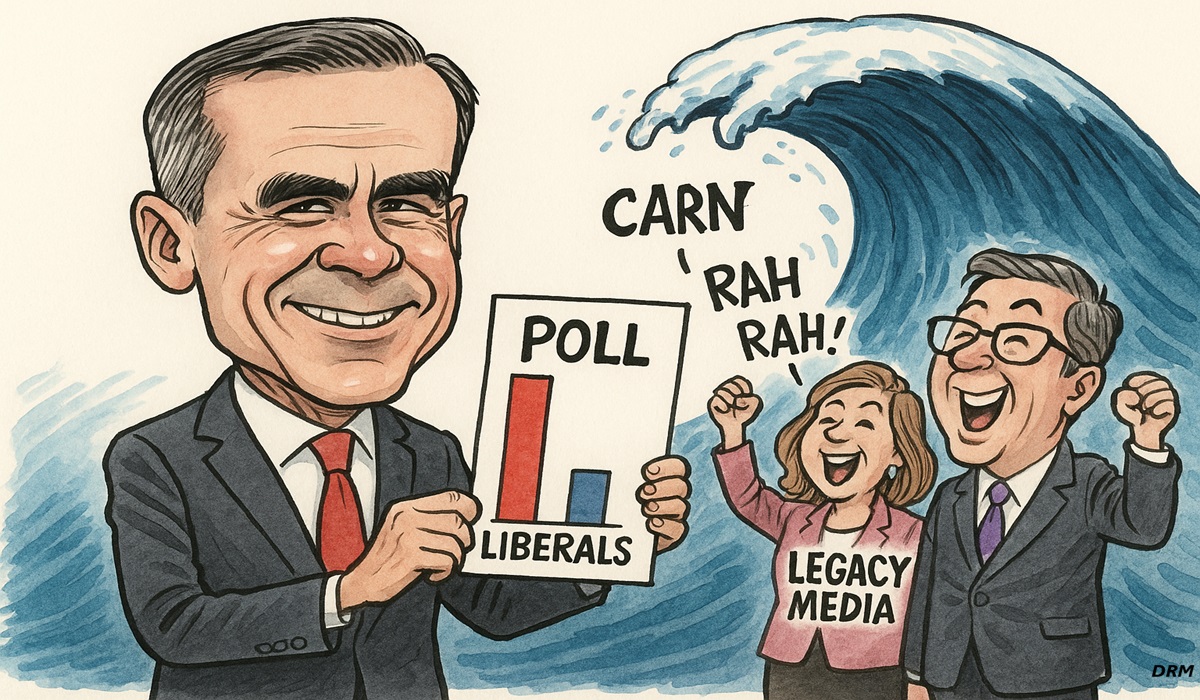Bilawal Bhutto Zardari: Pakistan Can Bridge the US-China Divide and Improve Regional Ties
- Ingrid Jones
- D.O.C Supplements - Trending News
- South Asia
- February 18, 2025

Pakistan has the potential to serve as a bridge between the United States and China rather than exacerbating the growing divide between the two global powers, Pakistan People’s Party (PPP) Chairman Bilawal Bhutto Zardari said in an interview with German television during the Munich Security Conference. Stressing Pakistan’s historical role in fostering diplomatic ties, Bilawal noted that while some nations have sought to benefit from the increasing competition between Washington and Beijing, Pakistan stands in a unique position—one that favors mediation over division. His remarks come at a time of escalating geopolitical tensions, with the US and China locked in an economic, technological, and military rivalry that has reshaped global alliances. Bilawal’s vision for Pakistan aligns with its past diplomatic maneuvers, such as the pivotal role it played in facilitating US-China rapprochement in the early 1970s.
The PPP chairman also expressed optimism about improving relations with India, suggesting that peace—or at the very least, trade—between the two neighbors remains within reach. Bilateral ties between Pakistan and India have long been strained by territorial disputes, particularly over Kashmir, as well as cross-border tensions and political hostilities. However, economic engagement has often been viewed as a potential stepping stone toward de-escalation, a perspective Bilawal seems to endorse.
When asked about former US President Donald Trump, Bilawal characterized him as a “dealmaker” and suggested that Islamabad could effectively engage with him. While Trump’s foreign policy was often unpredictable, his administration did oversee diplomatic breakthroughs in various regions, including the Middle East. Bilawal’s remarks indicate that Pakistan believes it could leverage its strategic position to foster engagement with the US under a leadership style centered on negotiation and transactional diplomacy.








